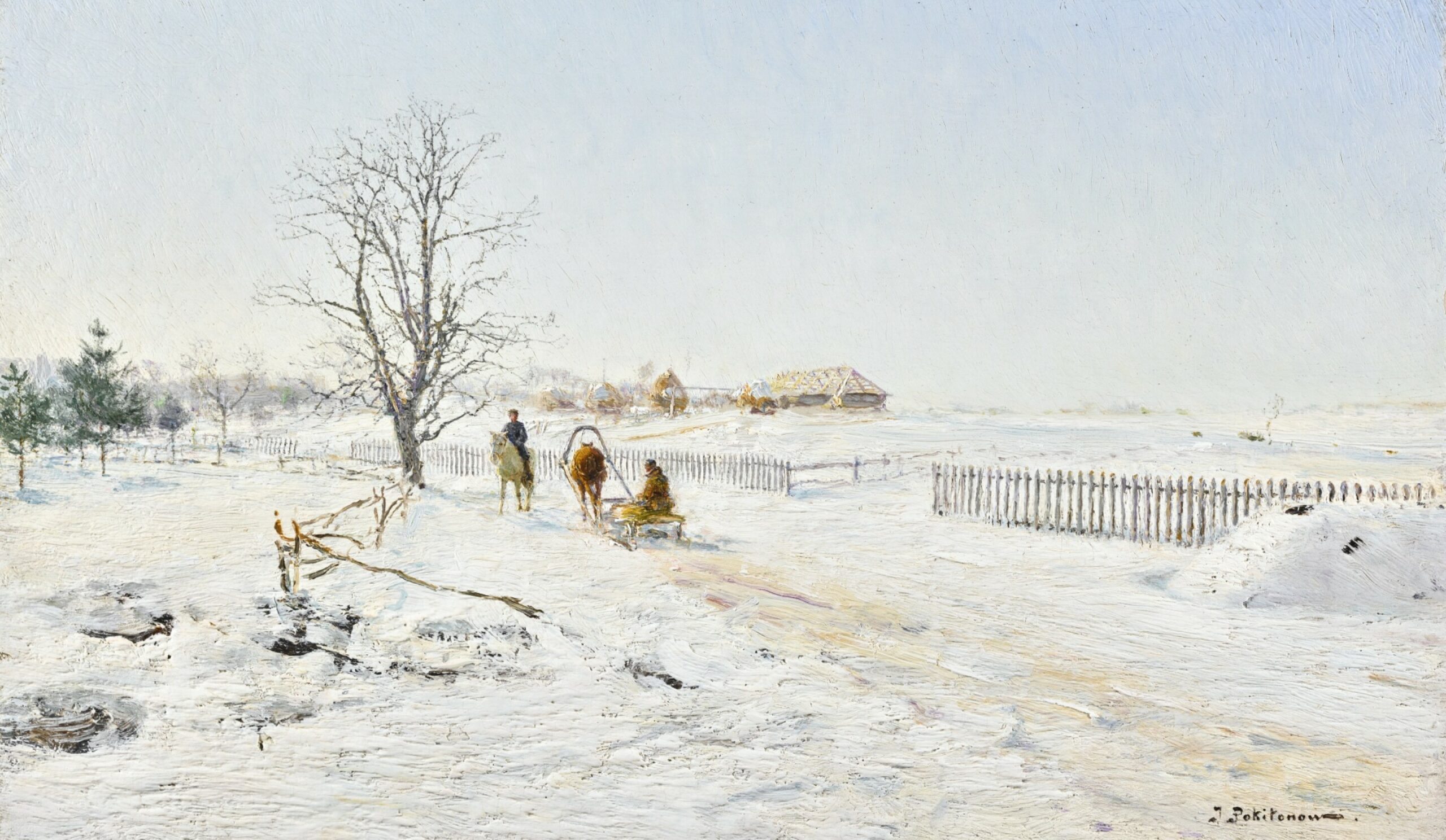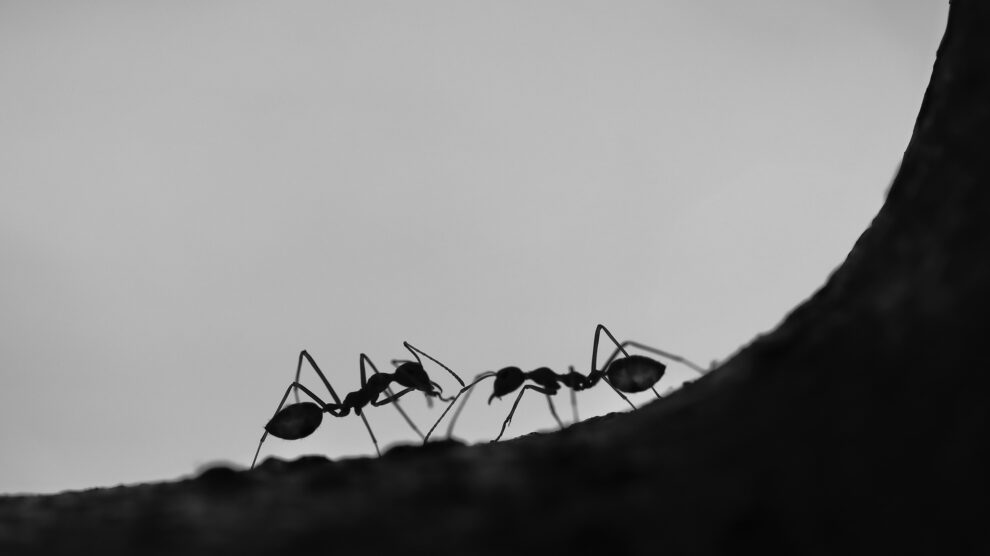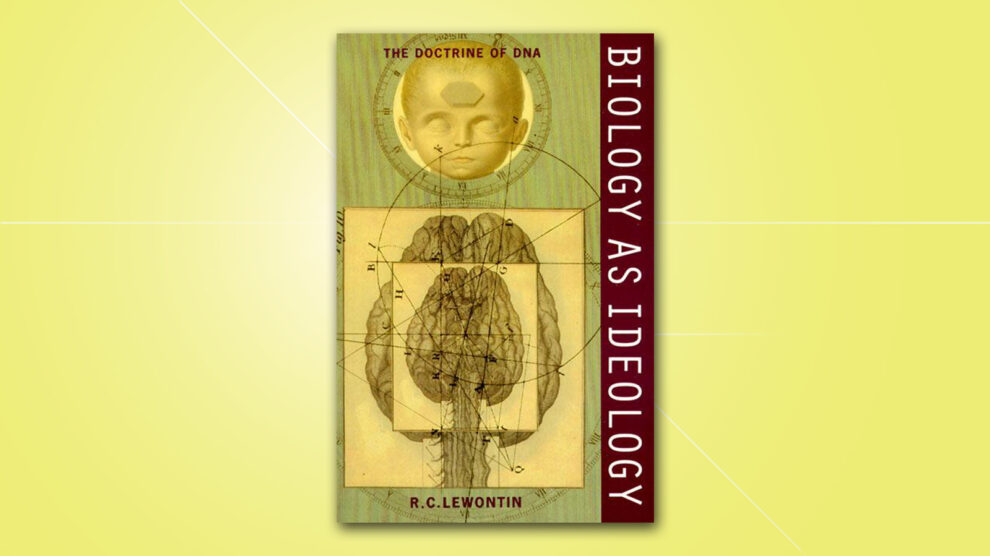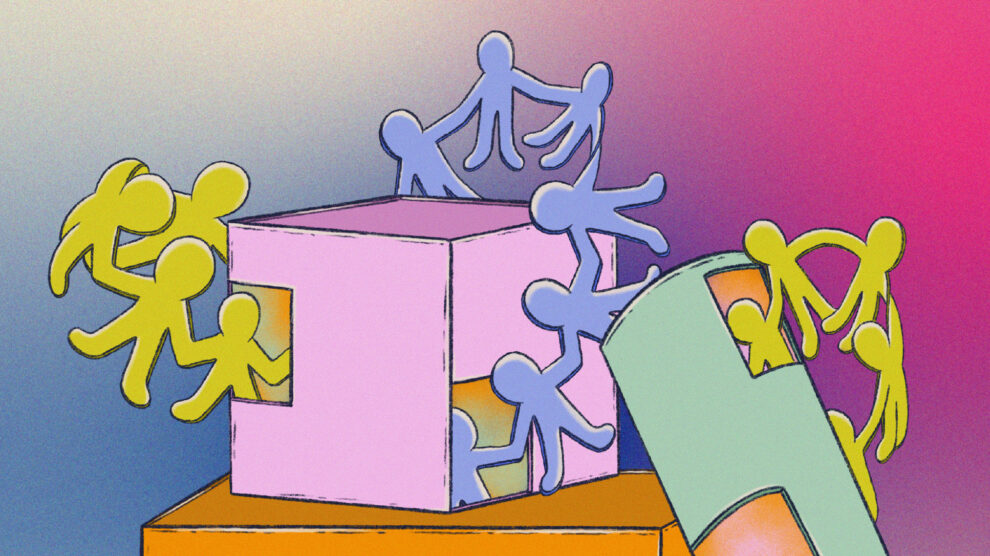Putting Kropotkin Back into the Concept of Mutual Aid
By Manu Raghavan
Volume 24, no. 3, Cooperation: Theory and Practice for the Commons

The term “mutual aid” is trending on the left.1 Mutual aid networks are seen as an antidote to the devastation of the COVID-19 pandemic—a model of cooperation to transcend an individualistic society in combating public crises. Behind this relatively simple idea lies a conception of socio-biology and political organization that has historical roots in anarchist thought.2 It is important to consider this history as we engage with the concept of cooperation from the perspective of radical science.
Mutual Aid in Socio-biology: A Brief History
The term mutual aid is best associated with the anarchist theorist and biologist Pyotr Kropotkin and his work, Mutual Aid: A Factor in Evolution (1902). A fascinating collection of essays, it is equal parts review of evolutionary theory and historical analysis. For the purposes of this discussion, I will focus on Kropotkin’s writings on socio-biology and political programs as a response to prevailing social theories in the late nineteenth century, particularly that of Herbert Spencer and his followers in England.
Spencer was attempting to generalize evolutionary thinking to explain change across the domains of biology, psychology, sociology, and ethics. Perhaps the best example of this would be his coining the phrase “survival of the fittest.” Though the term was originally used in the context of biology, Spencer later applied it to theories of social progress and ethics.3 These writings informed the later schools of thought collectively referred to as “social Darwinism.”4
The doctrine of social Darwinism holds that social and economic progress are the result of competitive struggles between “fit” and “unfit” groups, and that elements of societal organization may therefore be prescribed on the basis of scientific analysis. Drawing on Spencer’s arguments, the social Darwinists articulated English economist Thomas Malthus’s views on resource constraints as well as Charles Darwin’s theory of evolution.5 Moreover, social Darwinist arguments drew heavily on the classical political economy of Adam Smith and David Ricardo, which provided the technical explanation of how competition between selfish actors might become a force of social progress under the resource constraints predicted by Malthus. These arguments were ultimately used to advance capitalism as the most appropriate form of economic organization, in which societal inequality becomes a vehicle for the maintenance of social norms and the advancement of productivity. At the same time, social Darwinists used these evolutionary arguments to justify eugenics and population control programs.6 It is unclear whether Spencer shared these conclusions, and Adam Smith certainly had more measured ideas on the utility—and the limits—of inequality as a positive force.7 Nonetheless, Spencer’s and Smith’s ideas were amenable to various reactionary interpretations.
Kropotkin, in response, attacked the social Darwinists’ interpretations of evolutionary ideas at their root. He argued that contemporary evolutionary theory overemphasized the struggle between individuals as a determinant of behavior and questioned the inevitability of “survival of the fittest.”8 He contended that the struggle of organisms against the harshness of their environment (the third component of what Darwin referred to as the “metaphorical struggle for existence,” a concept introduced by Malthus) favors the evolution of cooperative behavior and systems of mutual aid, and is at least as important as competition between individuals.
Kropotkin saw the social Darwinist viewpoint as a reflection of the political and economic ideologies that emerged from the predominant mode of being and relating in Britain: capitalism.
Kropotkin may simply have been reflecting a Russian intellectual tradition that could not relate to the Malthusian assumption of competition among organisms in the “overpopulated” but “forgiving” environment of industrial Britain (to the eyes of upper-class Englishmen).9 Overpopulation in a landmass as large as Russia was a fantasy. Kropotkin was equally skeptical of classical Darwinism’s embrace of the Malthusian view of competition between organisms. He argued that British evolutionary theorists like Darwin and Alfred Russel Wallace emphasized competition more than their Russian counterparts because their field work was carried out in coastal tropical regions with higher biodiversity and bigger biomass.
The difference in their worldviews, however, stemmed from more than simply experimental concerns. Russian intellectuals, including Kropotkin, saw the social Darwinist viewpoint as a reflection of the political and economic ideologies that emerged from the predominant mode of being and relating in Britain: capitalism. In other words, it was not a coincidence that Spencer’s socio-biology dovetailed neatly with the political economy of the classical economists.
Social Darwinism in the Twenty-first Century
Research in the field of evolutionary biology is still debating the mechanisms by which cooperative behavior and mutualism evolve, as well as the relative import of struggles between individuals and against the environment.10 In light of modern theories, the simplified view of evolution that originally informed social Darwinism becomes untenable. To quote the late Stephen J. Gould, “Kropotkin was no crackpot.”11
The social Darwinists’ conclusions about society, however, have left an indelible residue. While the most outwardly odious arguments have fallen into disrepute, a more palatable revamped version of these same arguments has arisen in the form of E. O. Wilson’s Sociobiology.12 Moreover, the very mechanical language around biological studies of cooperation—that a species locked in a race over limited resources engages in cooperative behavior out of in-group obligations (e.g., inclusive fitness and kin selection),13 that reciprocal acts are meant to maximize fitness in the long term—alludes to the influence of social Darwinist ideology. Left out is any sense of pleasure or joy that comes from cooperative behavior like play, let alone a more substantive reflection on the benefits of cooperation.14 Biological studies of cooperation are sanitized to the point that they remain disconnected from progressive and radical social and political analyses.
With capitalism remaining dominant, it is not surprising that the laissez-faire ideal championed by social Darwinists has grown, unencumbered by any biological counterarguments. More vulgar still, the utility of cooperation for the purposes of production is presented by neoclassical economics in language as sanitized as can be found in biology. Cooperation becomes the formation of firms, joint ventures, and business coalitions arising out of a standard Malthusian calculus.15 In this way, the natural inclination humans have for one another’s welfare (an inclination shared across the animal kingdom) are funneled perniciously into expanding state capitalist systems that ensure the opposite.
Some Lessons from Kropotkin
Kropotkin’s view of mutual aid was more than just a counter to bad social theory. He saw the biological basis for a very particular organization of society.16 Indeed, the bulk of his famed treatise Mutual Aid comprises an extended argument in favor of his own form of scientific socialism, drawing on historical analysis of mutual aid in pre- and post-medieval societies as evidence.17 The system he envisions is both anti-statist and anti-capitalist, based upon free association and centering individual needs as paramount. In his own words: “start from a free individual to reach a free society, instead of beginning by the state to come down to the individual.”18 Biological theory supported the idea that a cooperative enterprise was the most efficient way to achieve individual material needs.19 The repeated destruction by the state of historically important cooperative associations, such as village councils and trade guilds (documented at length in Mutual Aid) led Kropotkin to distrust the state as an entity capable of achieving the free society he envisioned. This placed him squarely against the formation of a revolutionary political party as advocated by Marxist-Leninists. Instead, he imagined mass action through a radical model of trade unionism known as syndicalism.20
Regardless of how differently we envision the path toward a socialist future, the lesson of Kropotkin’s debate with social Darwinism is that a radical science must coexist with and inform novel theories of social and economic organization. We do not need to bend the scientific method to do so. The subtleties of competition and cooperation and how they serve individual and collective needs are revealed by science; they are all factors in our survival. Scientists today must take to heart the need to consider various viewpoints when constructing social and economic theories. At the same time, the stultified language of contemporary scientific discourse on cooperation—both in economic and biological settings—poses a major problem relating the biological to the social. Kropotkin would be disturbed by this state of affairs, as should we.
Subscribe or purchase this issue to get full access of Cooperation.
Notes
- Maya Adereth, “The United States Has a Long History of Mutual Aid Organizing,” Jacobin, June 14, 2020,https://jacobinmag.com/2020/06/mutual-aid-united-states-unions.
- Here, socio-biology refers to work that draws from theories of ecology and evolution in the natural world to analyze human social behavior.
- There is a pervasive view that Spencer’s coining of the term “survival of the fittest” occurred either within a sociological context or in an earlier essay of his on population growth; neither is true. See also Diane B. Paul, “The Selection of the ‘Survival of the Fittest,’” Journal of the History of Biology 21, no. 3 (September 1, 1988): 411–24, https://doi.org/10.1007/BF00144089; David Weinstein, “Herbert Spencer,” in The Stanford Encyclopedia of Philosophy, ed. Edward N. Zalta (2019), https://plato.stanford.edu/archives/fall2019/entries/spencer/.
- An exact definition of social Darwinism is hard to give. It applies to many potential different schools of thought. Gregory Claeys, cited below, has argued that what unites them is “the application of the idea of evolution to a higher social type on the basis of social competition between ‘fit’ and ‘unfit’ groups and individuals, whose ‘fitness’ or ‘value’ to society can be defined in a number of ways.”
- Gregory Claeys, “The ‘Survival of the Fittest’ and the Origins of Social Darwinism,” Journal of the History of Ideas 61, no. 2 (2000): 223–40, https://doi.org/10.1353/jhi.2000.0014.
- R. J. Halliday, “Social Darwinism: A Definition,” Victorian Studies 14, no. 4 (1971): 389–405; Claeys, “The ‘Survival of the Fittest’.”
- Dennis C. Rasmussen, “Adam Smith on What Is Wrong with Economic Inequality,” American Political Science Review 110, no. 2 (May 2016): 342–52, https://doi.org/10.1017/S0003055416000113.
- Peter Kropotkin, Mutual Aid: A Factor of Evolution (Black Rose Books, 1989).
- Daniel P. Todes, “Darwin’s Malthusian Metaphor and Russian Evolutionary Thought, 1859-1917,” Isis 78, no. 4 (December 1, 1987): 537–51, https://doi.org/10.1086/354551.
- Stuart A. West et al., “Ten Recent Insights for Our Understanding of Cooperation,” Nature Ecology & Evolution 5, no. 4 (April 2021): 419–30, https://doi.org/10.1038/s41559-020-01384-x; Joel L Sachs et al., “The Evolution of Cooperation,” The Quarterly Review of Biology 79, no. 2 (June 1, 2004): 135–60, https://doi.org/10.1086/383541.
- Stephen Jay Gould, “Kropotkin Was No Crackpot,” Natural History 97, no. 7 (1988): 12–21.
- Richard Lewontin, Not in Our Genes : Biology, Ideology, and Human Nature (New York: Pantheon Books, 1984).
- Stuart A. West, Ashleigh S. Griffin, and Andy Gardner, “Evolutionary Explanations for Cooperation,” Current Biology 17, no. 16 (2007): R661–R672, https://doi.org/10.1016/j.cub.2007.06.004.
- David Graeber, “What’s the Point If We Can’t Have Fun?,” The Baffler 24 (January 2014), https://thebaffler.com/salvos/whats-the-point-if-we-cant-have-fun.
- For further information, consult chapter 1 of Nieves Arranz Peña, Business Cooperation : From Theory to Practice (New York: Palgrave, 2002).
- Ruth Kinna, “Kropotkin’s Theory of Mutual Aid in Historical Context,” International Review of Social History 40, no. 2 (August 1995): 259–83, https://doi.org/10.1017/S0020859000113227.
- It’s worth noting that Kropotkin’s views were decidedly anti-Marxist (see Kinna, “Kropotkin’s Theory of Mutual Aid,” 265–7). While he shared Marx’s disdain for vulgar political economy—i.e., theory of society constituted by atomized individuals independently pursuing self-interest—he felt Marxists sacrificed individual needs in the pursuit of production.
- Pyotr Kropotkin, The Conquest of Bread (Oakland, CA: AK Press, 2008).
- Kinna, “Kropotkin’s Theory of Mutual Aid.”
- Lucien van der Walt, “Anarchism and Marxism,” Brill’s Companion to Anarchism and Philosophy, January 1, 2018, 505–58, https://doi.org/10.1163/9789004356894_020.





